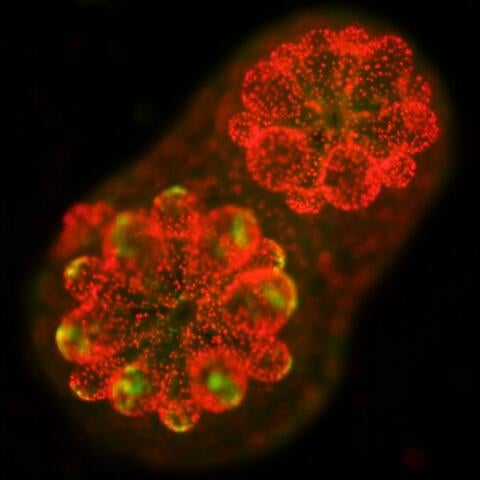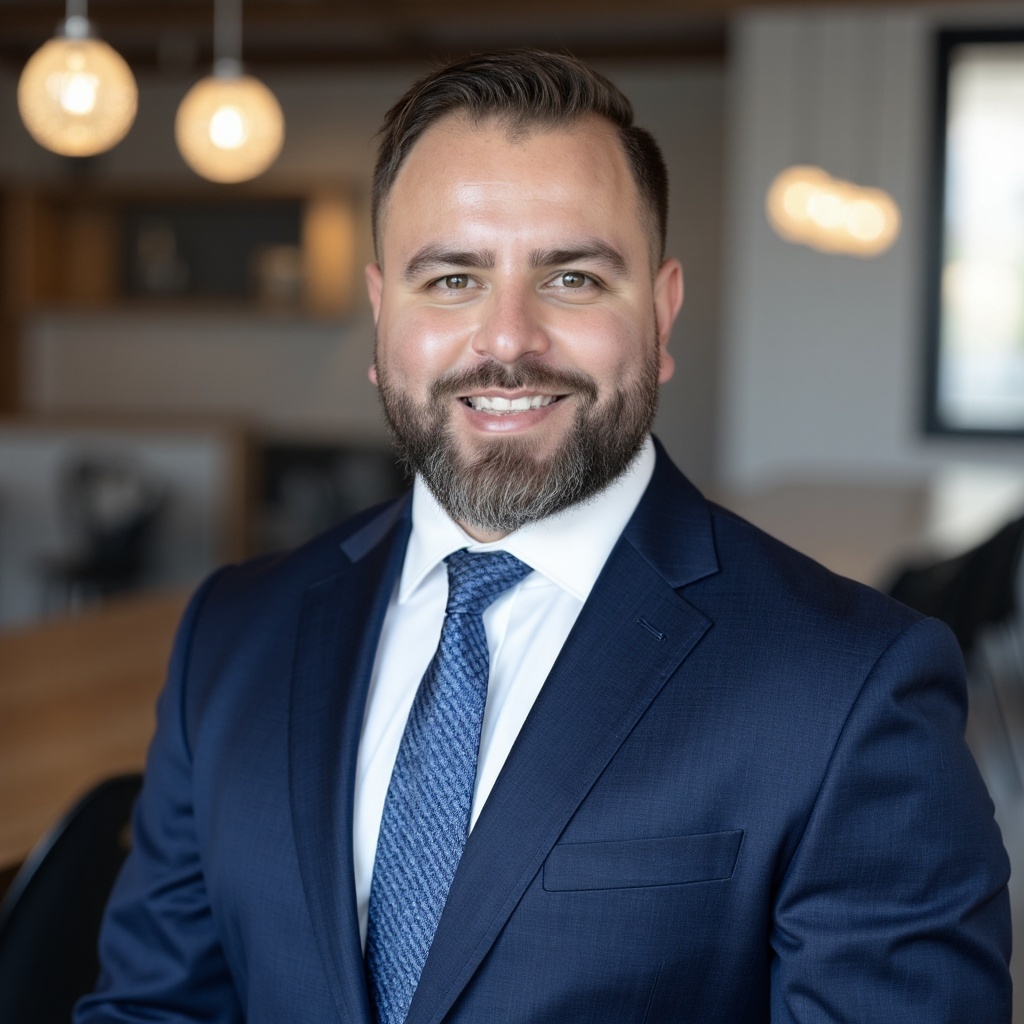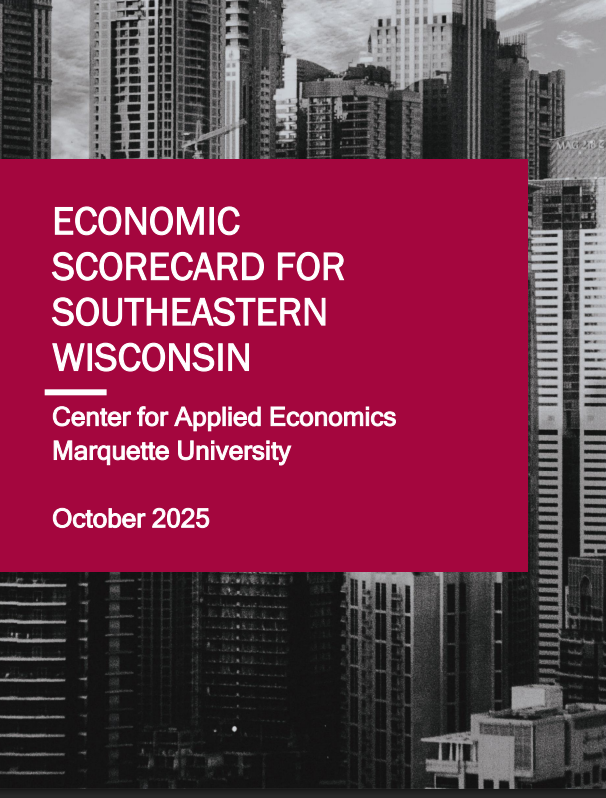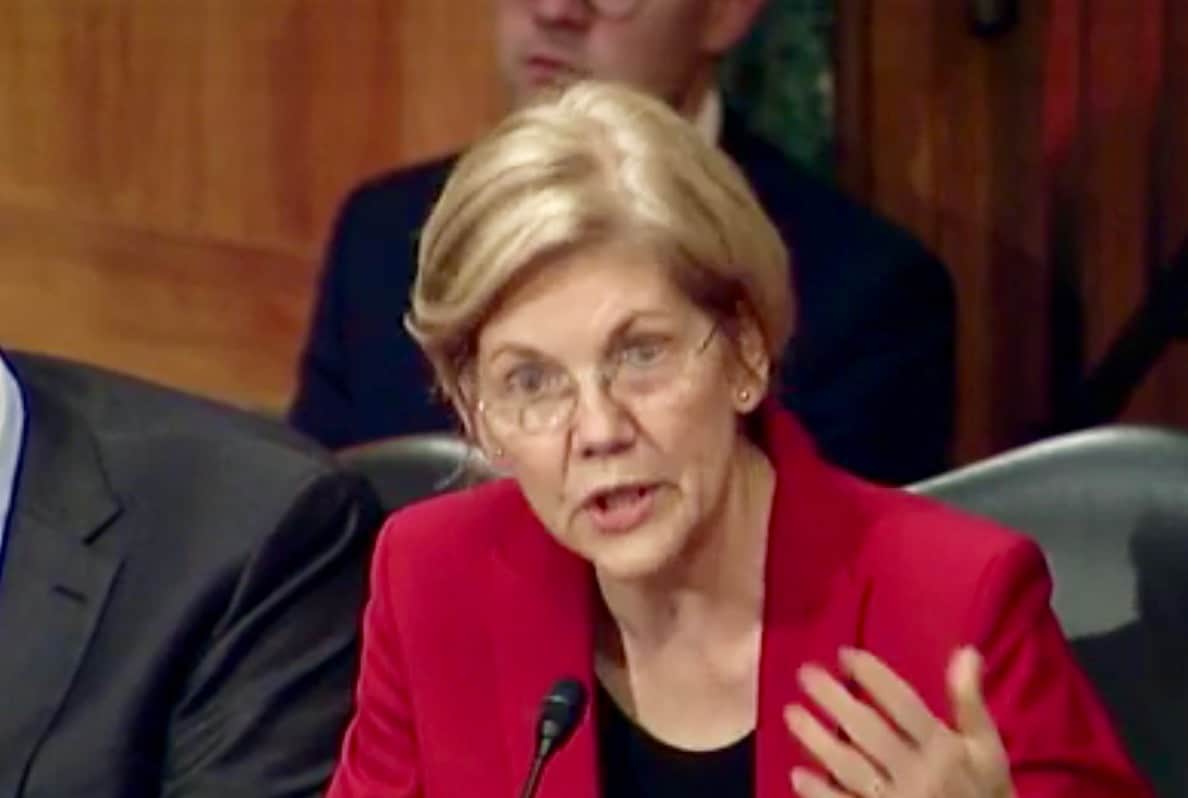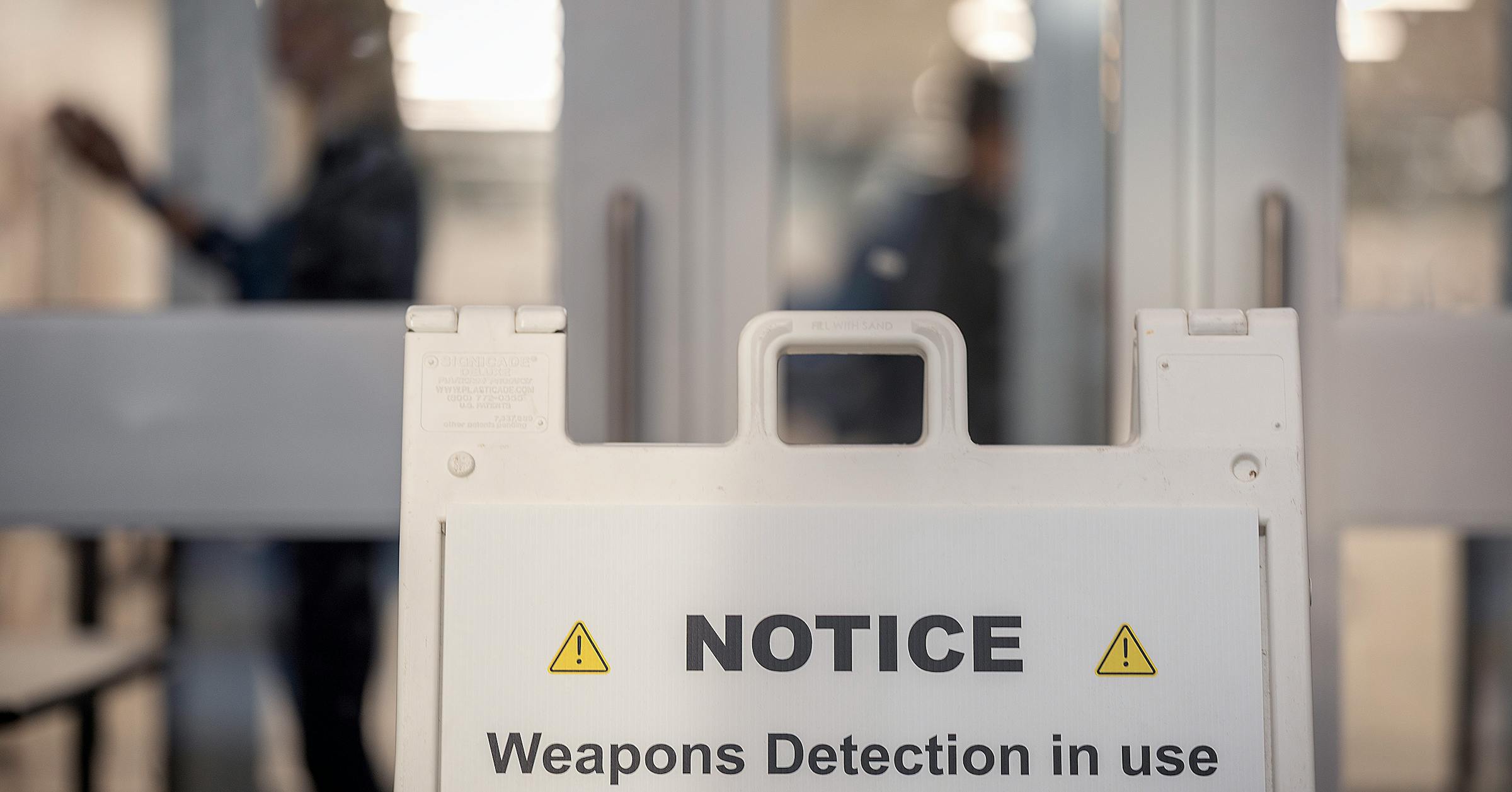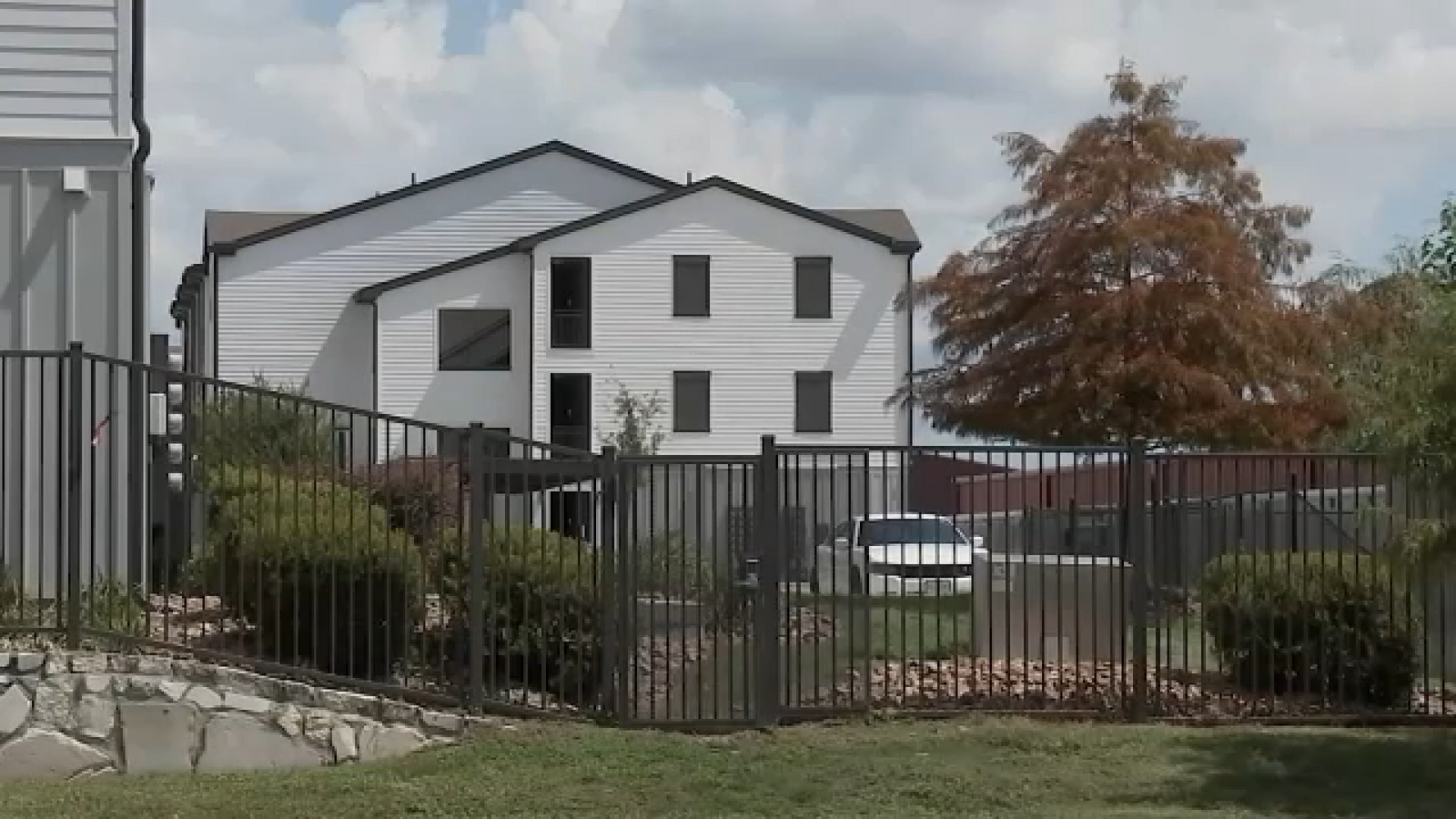Brookings Human Rights Commission seeks new direction – Brookings Register

City of Brookings Council Meeting Report: Institutional and Economic Development Initiatives
Refining Institutional Mandates for Effective Governance and Human Rights
The Brookings City Council has reviewed a proposal to amend the mandate of the Brookings Human Rights Commission (BHRC). This initiative, outlined in Ordinance 25-022, seeks to transition the commission’s role from an investigatory and enforcement body to a specialized community resource. This strategic shift aligns with key principles of the United Nations Sustainable Development Goals (SDGs), particularly SDG 16: Peace, Justice and Strong Institutions.
The proposed changes are driven by a recognition that the BHRC currently lacks the necessary infrastructure to effectively fulfill its enforcement duties. This addresses SDG Target 16.6: Develop effective, accountable and transparent institutions at all levels. The commission identified several operational challenges:
- Concerns regarding legal liability and due process.
- Inadequate resources, including funding, time, and formal training.
- Lack of safeguards for handling sensitive and confidential information.
By restructuring, the BHRC aims to provide more practical and impactful support to the community, thereby strengthening its role as an accessible and responsive institution (SDG Target 16.7). The new focus will be on advising community members and directing them to appropriate state or legal channels equipped to handle discrimination complaints. This ensures that citizens have a clear pathway to justice, contributing to SDG 10: Reduced Inequalities by providing reliable support for individuals facing discrimination.
The commission’s authority was expanded in 2016 to include enforcement powers. However, a review of the period from 2018 to the present revealed that this authority was seldom used, with only one complaint fully processed. The proposed change, developed over a three-year period of consultation with legal and governmental bodies, is designed to create a more sustainable and effective model for promoting human rights within the city.
Fostering Economic Growth and Sustainable Infrastructure
The City Council unanimously approved a significant economic development grant, reinforcing its commitment to SDG 8: Decent Work and Economic Growth and SDG 9: Industry, Innovation and Infrastructure.
- Economic Development Grant: A $2,250,000 grant was formally added to the 2025 budget for Ryan Companies. These funds, sourced from the city’s economic development reserves, will support infrastructure and retention pond improvements for the Brookings Marketplace development. This investment is expected to stimulate the local economy by attracting major retailers and creating new employment opportunities.
Enhancing Urban Sustainability and Community Well-being
Several other council actions directly support the creation of a more sustainable, inclusive, and healthy urban environment, in line with SDG 11: Sustainable Cities and Communities and SDG 3: Good Health and Well-being.
- Sidewalk Maintenance: A contract was awarded for the annual sidewalk maintenance project. This investment in pedestrian infrastructure promotes safe, accessible urban mobility (SDG Target 11.2) and encourages physical activity.
- Zoning Amendments: The council approved two zoning amendments.
- The first allows for concrete, asphalt, and rock crushing facilities as a conditional use, which can support SDG 12: Responsible Consumption and Production by facilitating the recycling of construction materials.
- The second extends the duration of conditional-use permits from one to two years, streamlining development processes.
- Parks and Recreation Proclamation: The mayor officially proclaimed July as “Parks and Recreation Month.” This highlights the city’s dedication to providing access to green and public spaces, which is essential for community health and well-being (SDG Target 11.7).
Identified Sustainable Development Goals (SDGs)
- SDG 8: Decent Work and Economic Growth
- SDG 9: Industry, Innovation and Infrastructure
- SDG 10: Reduced Inequalities
- SDG 11: Sustainable Cities and Communities
- SDG 16: Peace, Justice and Strong Institutions
Specific Targets Identified
SDG 8: Decent Work and Economic Growth
-
Target 8.3: Promote development-oriented policies that support productive activities, decent job creation, entrepreneurship, creativity and innovation, and encourage the formalization and growth of micro-, small- and medium-sized enterprises, including through access to financial services.
- Explanation: The article details a “$2,250,000 economic development grant” to Ryan Companies for the Brookings Marketplace development. This grant is intended to bring in new tenants like “Target, Aldi and Kwik Star,” which directly supports productive activities and job creation within the community.
SDG 9: Industry, Innovation and Infrastructure
-
Target 9.1: Develop quality, reliable, sustainable and resilient infrastructure, including regional and transborder infrastructure, to support economic development and human well-being, with a focus on affordable and equitable access for all.
- Explanation: The economic development grant funds will “help with infrastructure and retention pond improvements.” Additionally, the City Council awarded a “$52,738.75” contract for the “annual sidewalk maintenance project,” which is a direct investment in local public infrastructure.
SDG 10: Reduced Inequalities
-
Target 10.3: Ensure equal opportunity and reduce inequalities of outcome, including by eliminating discriminatory laws, policies and practices and promoting appropriate legislation, policies and action in this regard.
- Explanation: The entire discussion about the Brookings Human Rights Commission (BHRC) relates to this target. The commission was established to handle “complaints of discrimination.” The proposed changes are an attempt to find a more effective way to address these issues and provide resources for those experiencing discrimination, thereby working to ensure equal opportunity.
SDG 11: Sustainable Cities and Communities
-
Target 11.3: By 2030, enhance inclusive and sustainable urbanization and capacity for participatory, integrated and sustainable human settlement planning and management in all countries.
- Explanation: The article mentions several City Council actions related to urban planning and management. These include approving zoning amendments for “concrete, asphalt and rock crushing facilities” and extending the life of a “conditional-use permit from one year to two years.” These decisions represent the ongoing process of sustainable settlement planning.
-
Target 11.7: By 2030, provide universal access to safe, inclusive and accessible, green and public spaces, in particular for women and children, older persons and persons with disabilities.
- Explanation: The proclamation of July as “Parks and Recreation Month” acknowledges the importance of public green spaces. The sidewalk maintenance project also contributes to creating accessible public spaces within the city.
SDG 16: Peace, Justice and Strong Institutions
-
Target 16.3: Promote the rule of law at the national and international levels and ensure equal access to justice for all.
- Explanation: The BHRC’s original mandate included the authority to “investigate, arbitrate or enforce complaints of discrimination.” Although this is changing, the new role ensures the public can still file complaints and the commission will “advise people on who to contact for possible resolutions,” thus continuing to facilitate access to justice.
-
Target 16.6: Develop effective, accountable and transparent institutions at all levels.
- Explanation: The article is a case study of a local institution, the BHRC, re-evaluating its effectiveness. The commission identified its limitations (“lacks the necessary infrastructure — such as time, funding, formal training, and confidentiality safeguards”) and is transparently working with the City Council to change its mandate to become a more practical and impactful resource for the community.
-
Target 16.B: Promote and enforce non-discriminatory laws and policies for sustainable development.
- Explanation: The city’s focus on its “Municipal Equality Index score,” an initiative of the Human Rights Campaign, is a direct effort to measure and improve its non-discriminatory policies. The article notes the city’s score is high and discusses the potential impact of the proposed changes on that score.
Implied and Mentioned Indicators
- Number of discrimination complaints processed: The article explicitly states that “one complaint was completely processed” between 2018 and the present. It also notes the commission will continue to “track them as a useful data point,” making this a clear indicator for measuring access to justice mechanisms.
- Municipal Equality Index score: This is a quantitative indicator mentioned directly in the article. The city’s score is “104” (capped at 100), and the potential impact of the proposed changes is measured as a loss of “two points.” This indicator measures the strength of non-discriminatory policies.
- Public investment in economic development and infrastructure: The article provides specific financial figures that serve as indicators of investment. These include the “$2,250,000 economic development grant” and the “$52,738.75” contract for sidewalk maintenance.
- Creation of new commercial enterprises: The mention of “new tenants, including Target, Aldi and Kwik Star” serves as an indicator of economic growth and job creation resulting from development policies.
SDGs, Targets, and Indicators Analysis
| SDGs | Targets | Indicators |
|---|---|---|
| SDG 8: Decent Work and Economic Growth | 8.3: Promote development-oriented policies that support productive activities and decent job creation. | – Amount of economic development grants ($2,250,000). – Number of new commercial enterprises attracted (Target, Aldi, Kwik Star). |
| SDG 9: Industry, Innovation and Infrastructure | 9.1: Develop quality, reliable, sustainable and resilient infrastructure. | – Financial investment in infrastructure improvements (part of the $2,250,000 grant). – Value of contracts for public infrastructure ($52,738.75 for sidewalk maintenance). |
| SDG 10: Reduced Inequalities | 10.3: Ensure equal opportunity and reduce inequalities of outcome by eliminating discriminatory policies and practices. | – Existence and function of a Human Rights Commission to address discrimination. |
| SDG 11: Sustainable Cities and Communities | 11.3: Enhance inclusive and sustainable urbanization and capacity for human settlement planning.
11.7: Provide universal access to safe, inclusive and accessible, green and public spaces. |
– Amendments to zoning ordinances and conditional-use permits. – Proclamation of “Parks and Recreation Month.” – Investment in sidewalk maintenance. |
| SDG 16: Peace, Justice and Strong Institutions | 16.3: Ensure equal access to justice for all.
16.6: Develop effective, accountable and transparent institutions. 16.B: Promote and enforce non-discriminatory laws and policies. |
– Number of discrimination complaints filed and processed (1 processed since 2018). – Municipal Equality Index score (104, capped at 100). – Public review and modification of an institutional mandate (BHRC’s change in authority). |
Source: brookingsregister.com

What is Your Reaction?
 Like
0
Like
0
 Dislike
0
Dislike
0
 Love
0
Love
0
 Funny
0
Funny
0
 Angry
0
Angry
0
 Sad
0
Sad
0
 Wow
0
Wow
0
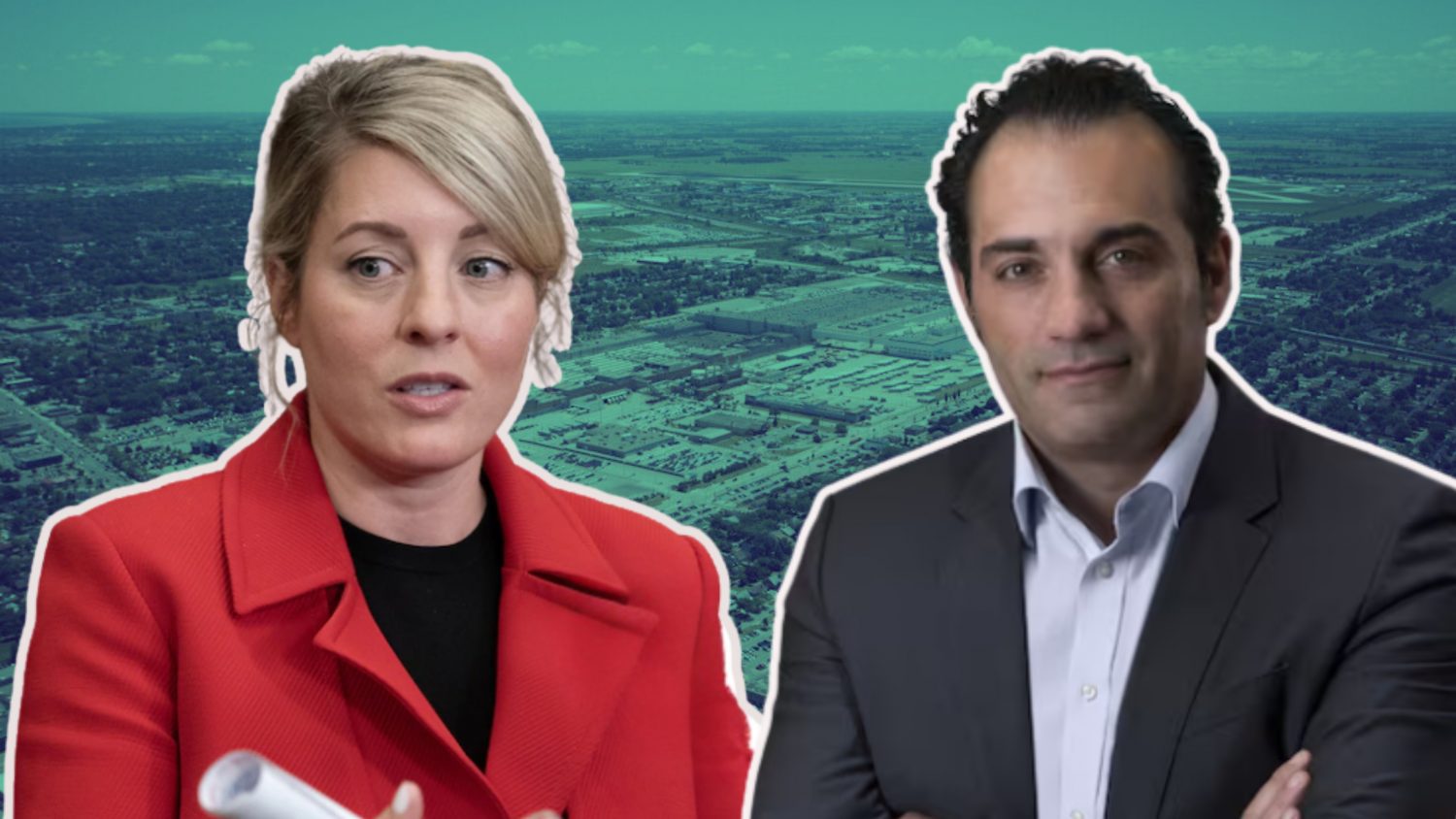
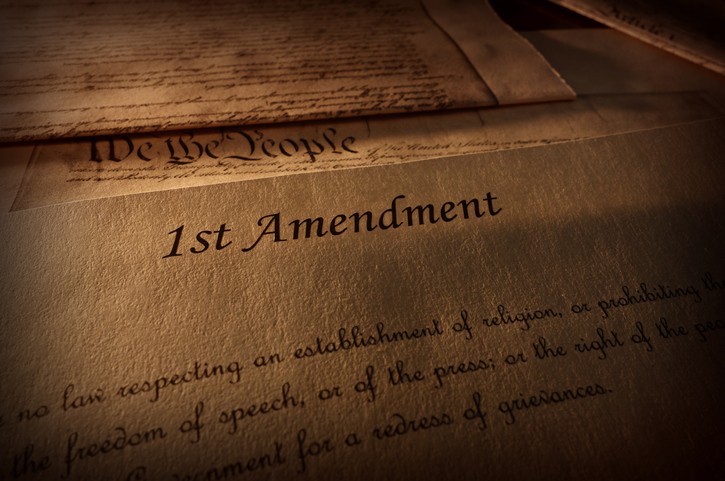
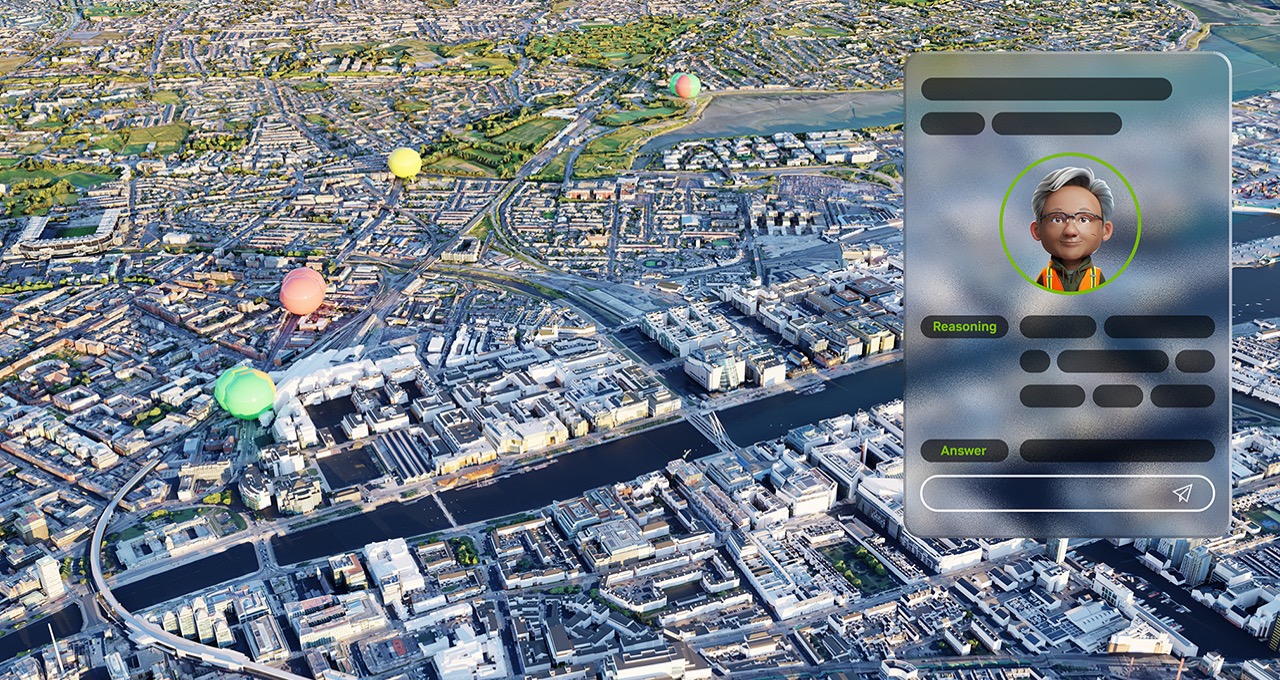
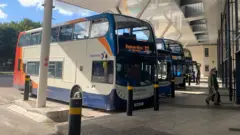





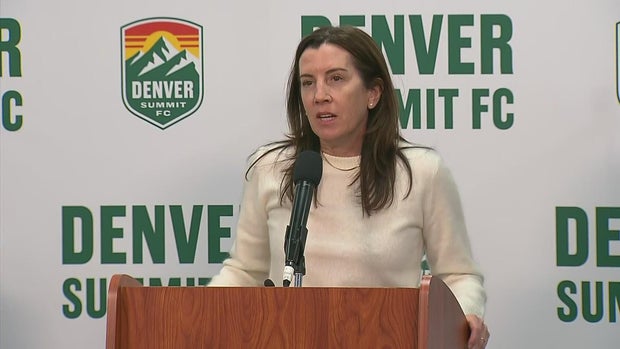

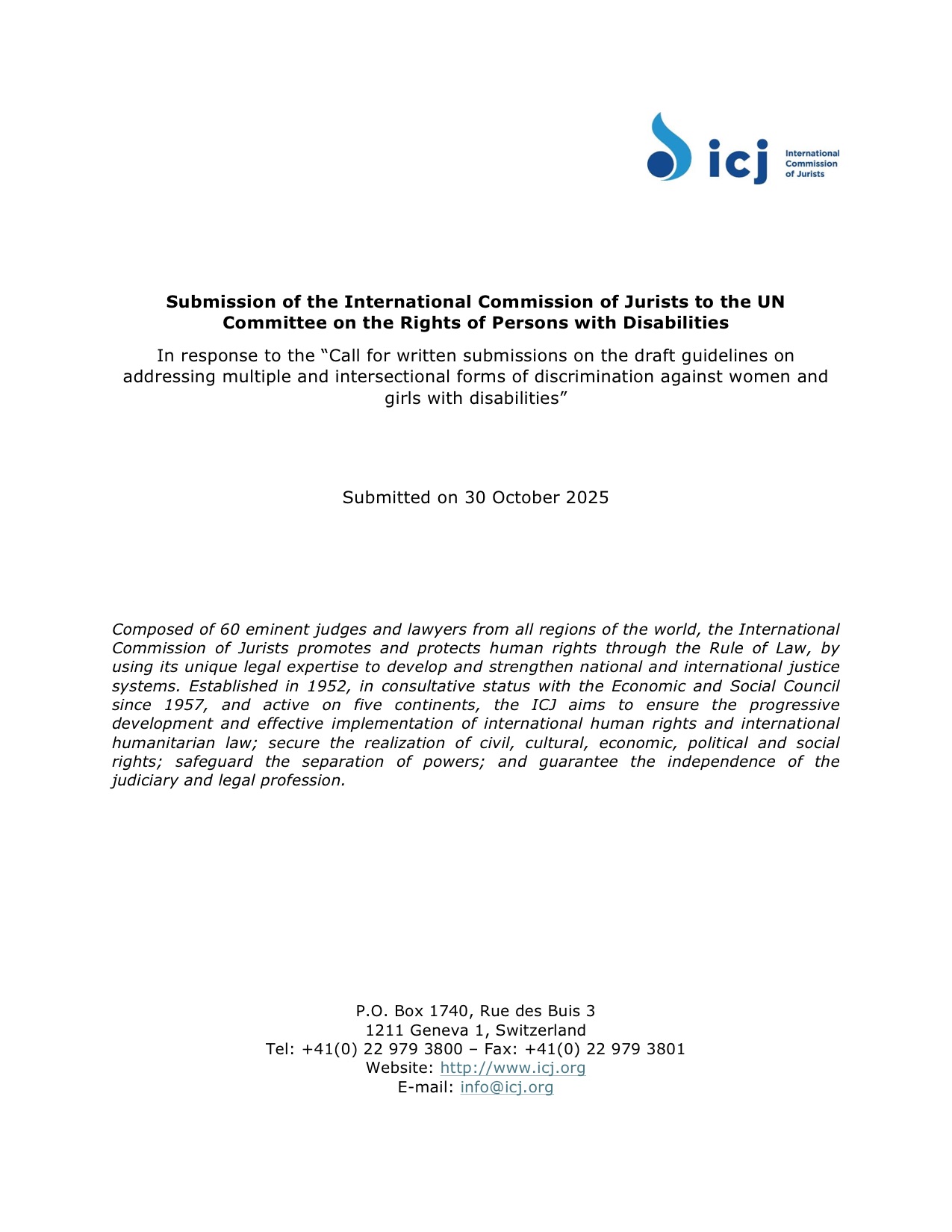





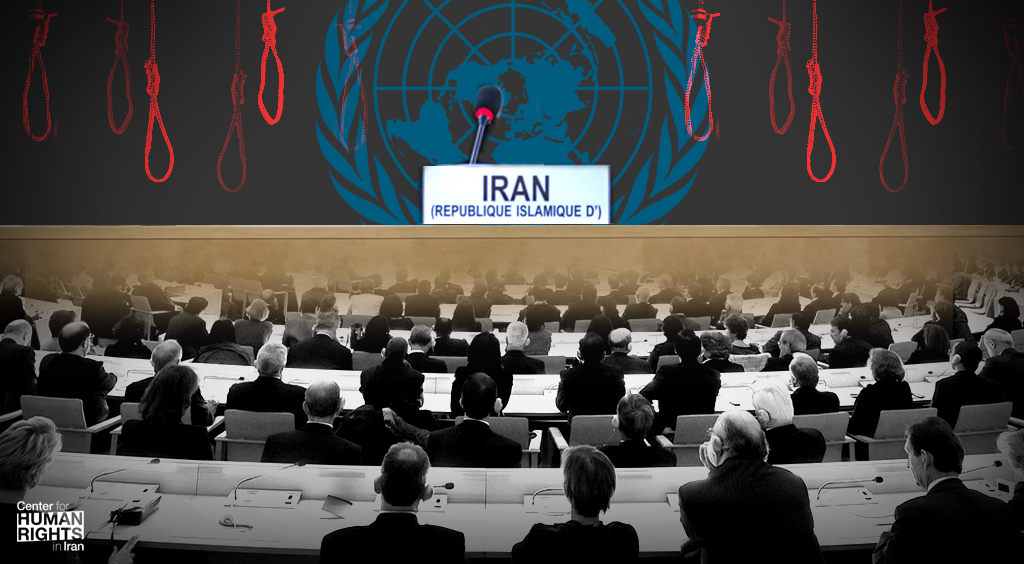
-1920w.png?#)






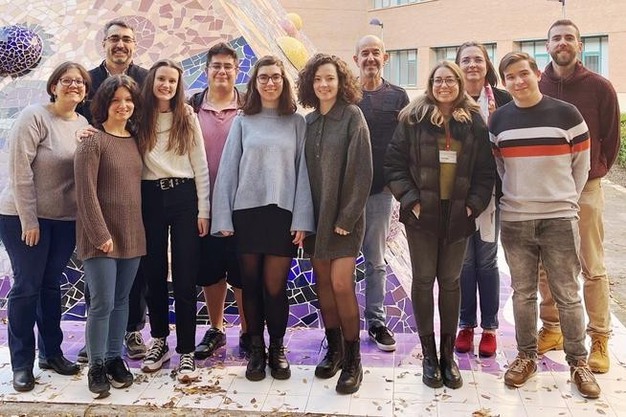
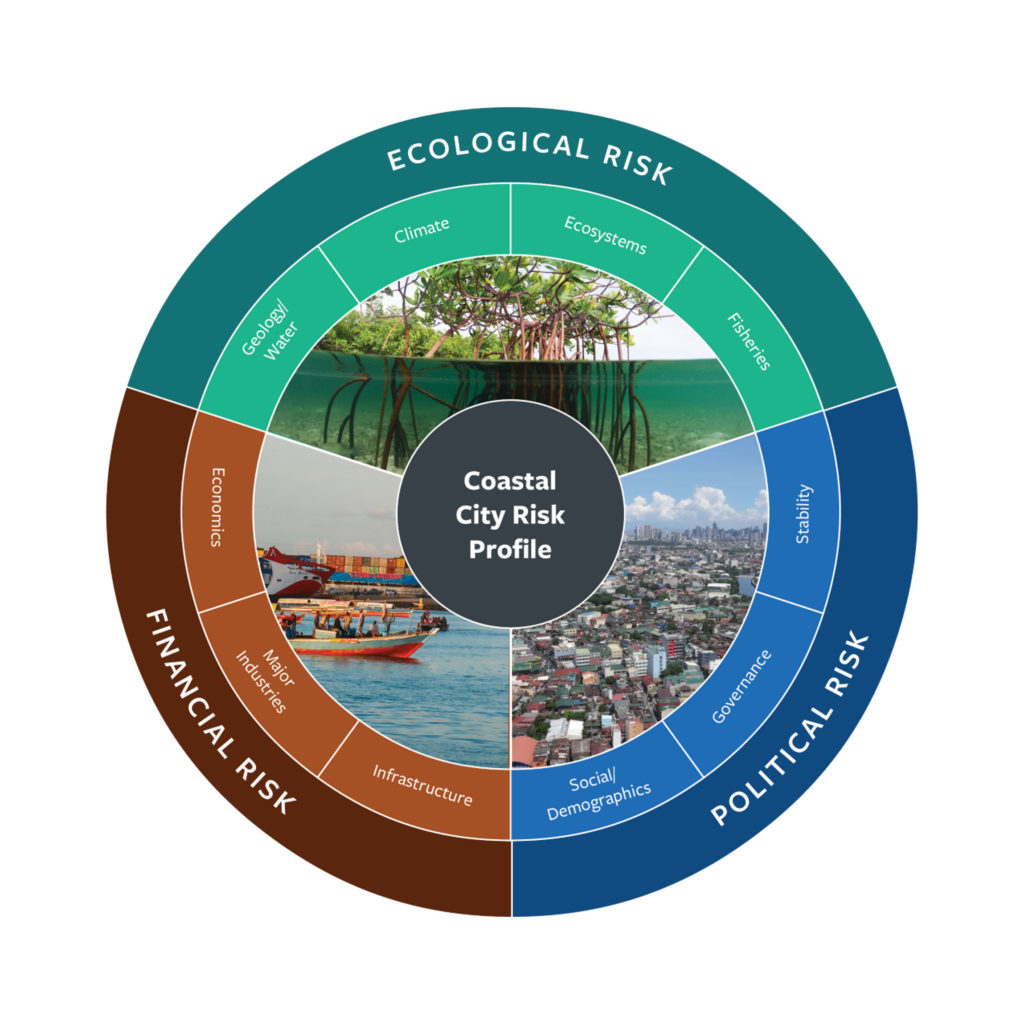





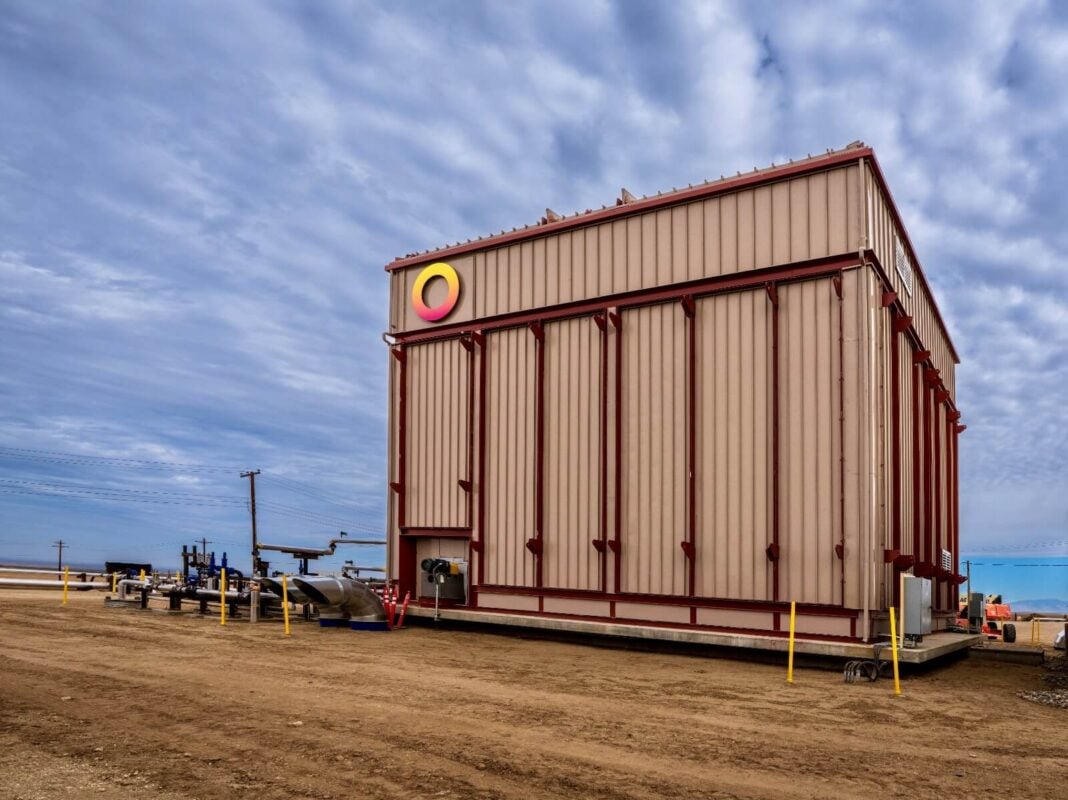
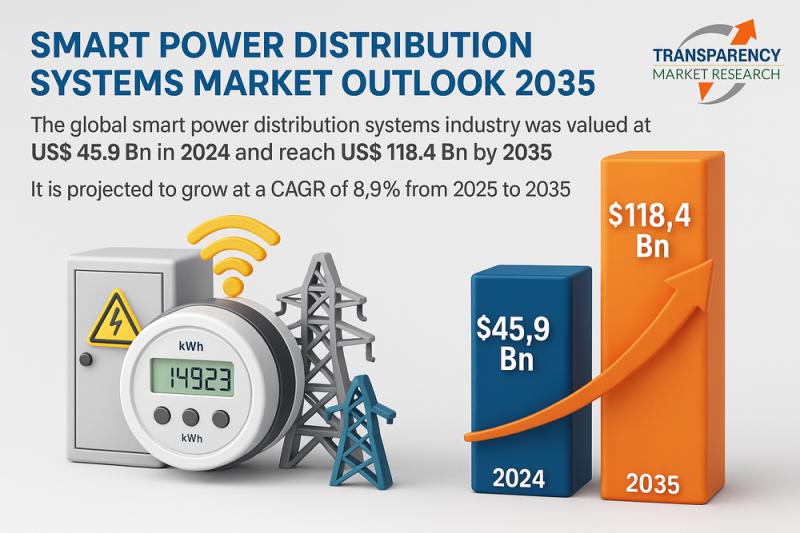
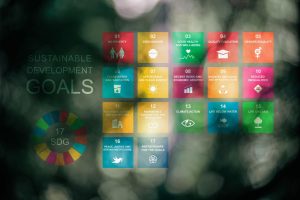

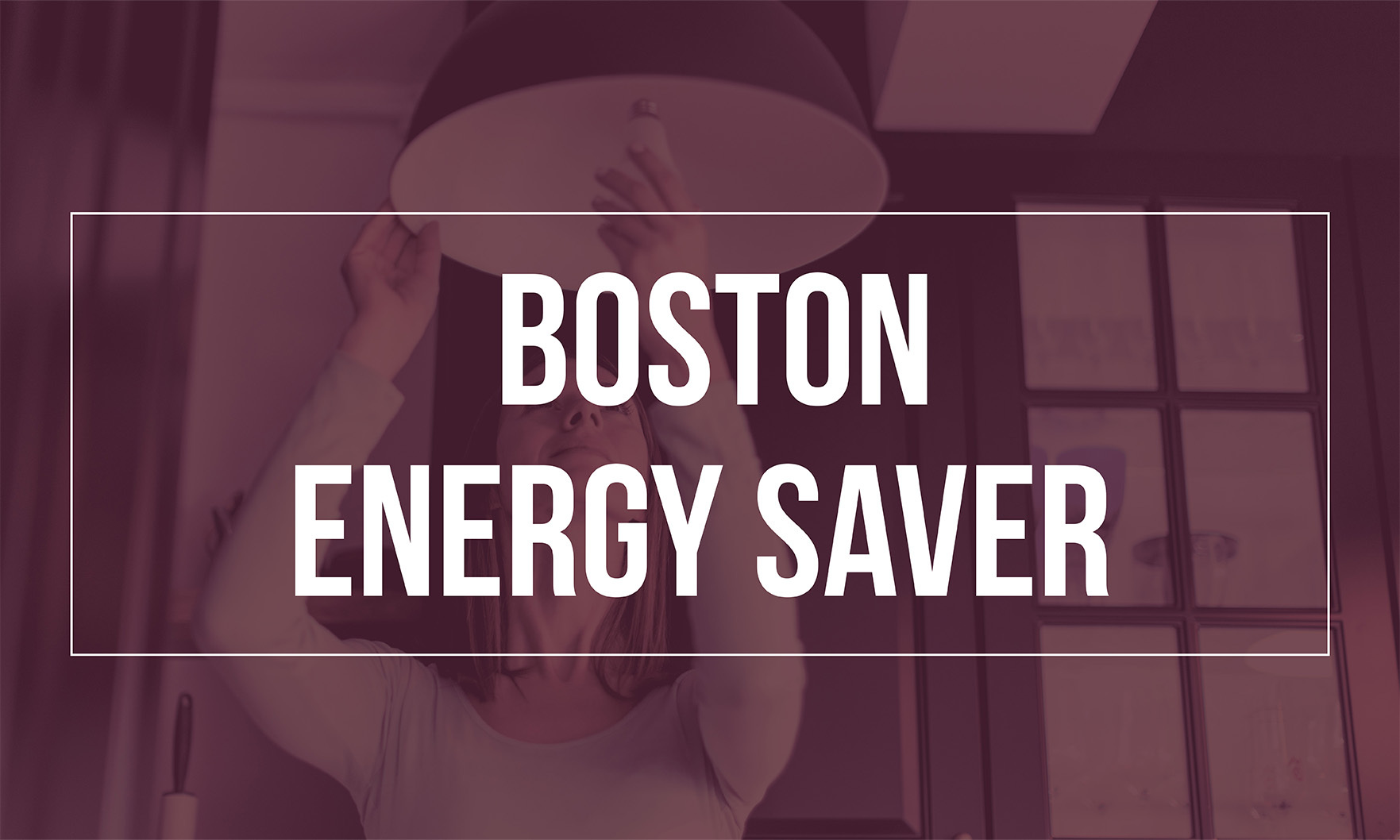


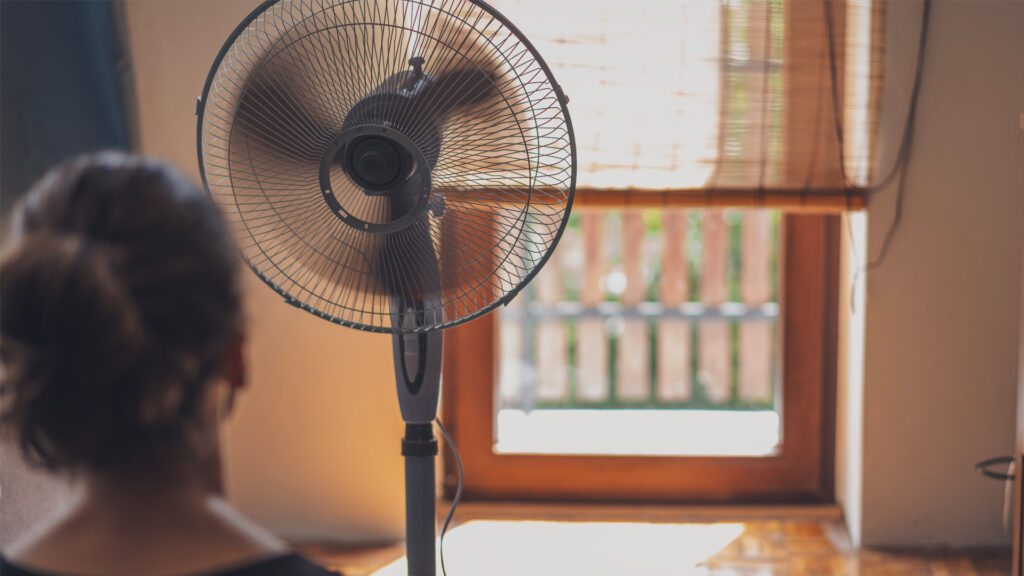

;Resize=805#)
